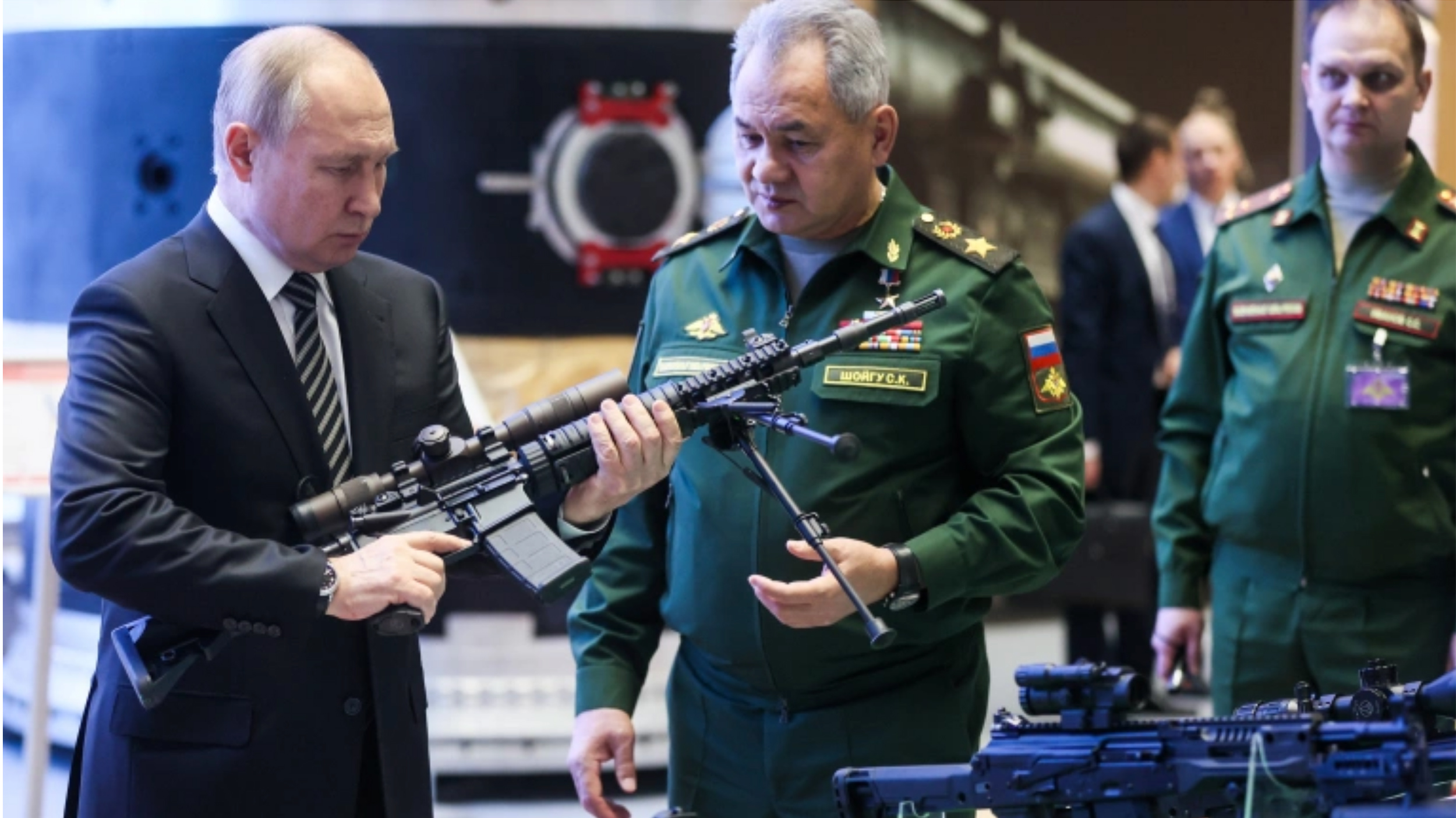
Russia began deploying tens of thousands of soldiers on the Ukrainian border in November 2021 amid growing Western concern about a possible invasion. Although this is not the first Russian military action in the region or the beginning of the Ukrainian crisis, this time, Russia has linked its mobilisation to demands for specific security guarantees from the West—most significantly, a promise that Ukraine will not join NATO. Moscow continues to insist that no invasion is imminent; but if war does break out, it is difficult to predict the consequences for the EU, NATO member states in Eastern Europe, and the balance of power across the European continent.
Ukraine occupies a vital geostrategic position for Russia: it is its portal to the West and a key part of the security buffer between Russia and Western Europe. The expansion of the NATO alliance to Romania, Bulgaria, Poland and the Baltics after the collapse of the Soviet Union reduced this buffer to only Ukraine and Belarus.
The country has become even more central to Russia over the last two decades due to further political shifts. Popular protests in Georgia in 2003 and Ukraine in 2004 culminated in the defeat of stalwart Russian allies. Western assistance flowed to Georgia and Ukraine under the George W. Bush and Obama administrations, as the United States and NATO made concerted efforts to contain Russia, setting up anti-ballistic missile systems and advanced radar stations in several NATO member states in Eastern Europe.
Russia watched this steady Western advance into its near abroad with mounting trepidation. After a second popular uprising in Ukraine in 2014 unseated the Russian-allied regime of President Viktor Yanukovych, Putin sought to minimise Russia’s losses by seizing Crimea, where ethnic Russians comprise the majority of the population, and annexing it to the Russian Federation. Moscow also threw backing to ethnic Russian separatists in the eastern Ukrainian province of Donbas, where the ongoing conflict has resulted in at least 13,000 deaths and widespread destruction.
Although shots have yet to be fired in this latest round of the crisis, in Western capitals, it is widely believed that Russian military mobilisations can only be a prelude to invasion and an attempt to change the Ukrainian regime by force. Western states have responded by threatening unprecedentedly severe sanctions on Russia in the event of an invasion and deploying several thousand NATO soldiers in states near Ukraine and Belarus.
Since the failure of negotiations to resolve the crisis, it remains unclear where events are headed. For Putin, the best outcome would be for the West to meet his security demands, having been persuaded by Russia’s military mobilisation that Moscow is serious and capable of launching an invasion. But the Biden administration does not seem willing to make such concessions and already denied a Russian request for written reassurances on Ukraine’s neutrality. Indeed, some observers believe that the United States wants to see Russian invade, thereby providing the pretext for the imposition of crippling sanctions that would set it back decades.
Alternatively, Russia might seize on some justification to deal a lethal blow to the Ukrainian military without launching a full-scale invasion, with the aim of destabilising the regime in Kiev and clearing the way for negotiations between Russia, Ukraine and the West on Ukraine’s status and future ties to Russia. But this may incur US sanctions as well. More worrying for Russia, it could spur Ukraine to request immediate NATO membership—and NATO to grant it.
The third and safer option for Russia, at least for the foreseeable future, is to avoid an invasion or attack while heightening tensions as long as possible. Over the long haul, Moscow hopes that this would put the kind of pressure on Ukraine that could result in a new regime in Kiev more favourably disposed to Russia. This is a risky, costly option, however, which will also meet with a Western response, though it is hard to predict what kind.
Whatever course the crisis takes in the coming weeks, it is difficult to imagine Putin backing down without some face-saving Western concessions. Russia’s long history has shown little relationship between a ruler’s longevity and economic hardship for the Russian people. Moreover, Russia will respond to any Western sanctions by suspending energy supplies to Europe, with severe ramifications for the European and global economy.
**This is a summary of a policy brief originally written in Arabic, available here.